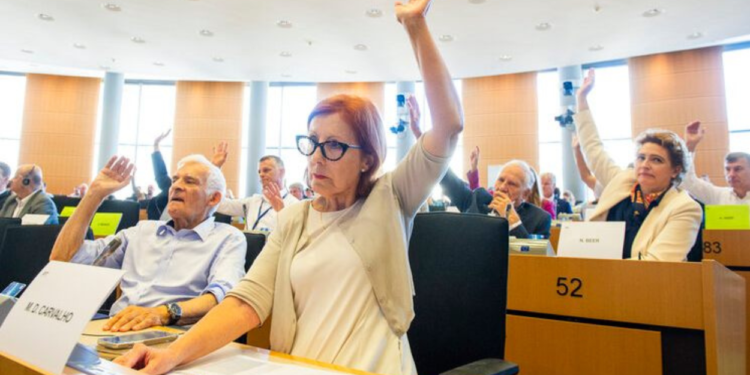European Council adopts the Critical Raw Materials Act, ensuring sustainable supply chains, strategic resource management, and resilience in Europe.
Today, The European Council has embraced the regulation to specify a framework to ensure a safe and sustainable supply of critical raw materials, better understood as the Critical Raw Materials Act (CRMA). This is the last stage in the decision-making procedure. After being approved by the President of the European Parliament and the President of the Council, the regulation will be issued in the Official Journal of the European Union and will become effective on the twentieth day following its publication.
The CRMA presents clear deadlines for permit procedures for EU pulling projects, permits the Commission and member states to identify a project as strategic, demands supply-chain risk assessments, directs member states to have national exploration projects and ensures the EU’s access to vital and strategic raw materials through enterprising benchmarks on extraction, processing, recycling and diversification of import sources.
The Critical Raw Materials Act, jointly with the Net Zero Industry Act and the Reform of the electricity market design, is one of the most important legislative initiatives under the Green Deal Industrial Plan that was introduced by Commissioner Thierry Breton on 1 February 2023.
The absolute text adopted today recognises two lists of materials that are necessary for the green and digital evolutions, as well as for the defence and space industries. The CRMA launches “three benchmarks for the EU’s annual consumption of raw materials: 10% from local extraction; 40% to be processed in the EU and 25% to come from recycled materials.”
To promote the development of strategic schemes, member states will make single points of contact at the appropriate administrative level and the relevant stage in the necessary raw materials value chain.
Extraction projects will acquire their permits within a maximum period of 27 months, while recycling and processing schemes should receive their permits within 15 months, with narrow exceptions aimed at providing a meaningful engagement with the local neighbourhoods affected by the projects and a sound environmental impact assessment in complex cases.
Considerable companies manufacturing strategic technologies (i.e. producers of batteries, hydrogen or renewable generators) will undertake a risk review of their supply chains to determine vulnerabilities. Following the Council’s approval today of the European Parliament’s position, the legislative act has been adopted.
The adoption of the Critical Raw Materials Act by the EU Council marks a significant milestone. It will ensure the safe and sustainable supply of essential resources vital for various sectors. It includes green and digital technologies, as well as defence and space industries. The CRMA sets forth clear procedures and benchmarks to streamline permit processes for EU mining projects, identify strategic projects, conduct supply-chain risk assessments, and promote national exploration initiatives.
Aligned with the objectives of the Green Deal Industrial Plan, the CRMA underscores the European Union’s commitment to enhancing its resilience and self-sufficiency in critical raw materials. By establishing ambitious targets for local extraction, processing within the EU, and utilization of recycled materials, the CRMA aims to reduce dependency on imports and diversify supply sources.
Moreover, the Act emphasizes the importance of stakeholder engagement, environmental impact assessments, and community involvement in project development, ensuring responsible and sustainable resource management. Additionally, it mandates risk assessments for major technology producers to identify vulnerabilities in their supply chains.
With the CRMA now adopted, it paves the way for enhanced cooperation among member states, industry stakeholders, and regulatory bodies to achieve the shared goal of securing Europe’s access to critical raw materials while minimizing environmental impacts and fostering economic growth.




